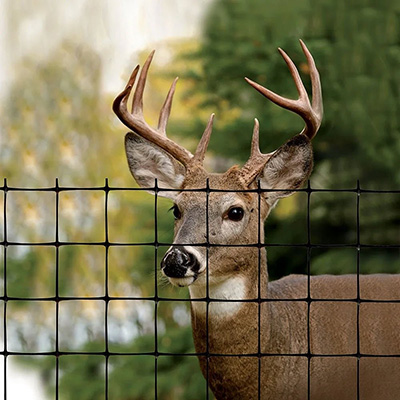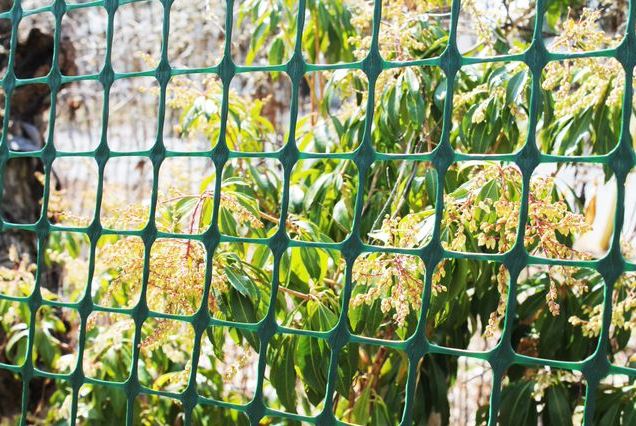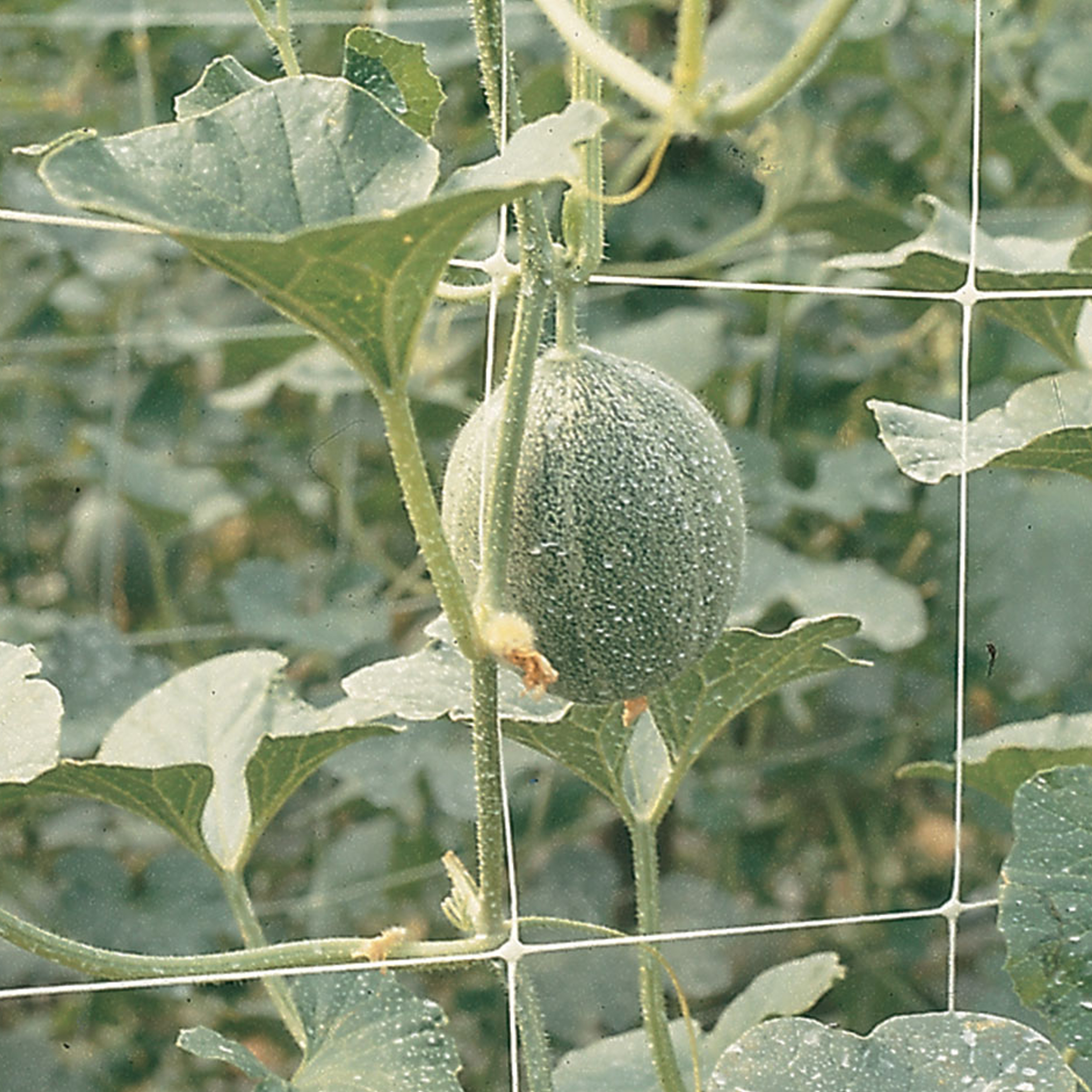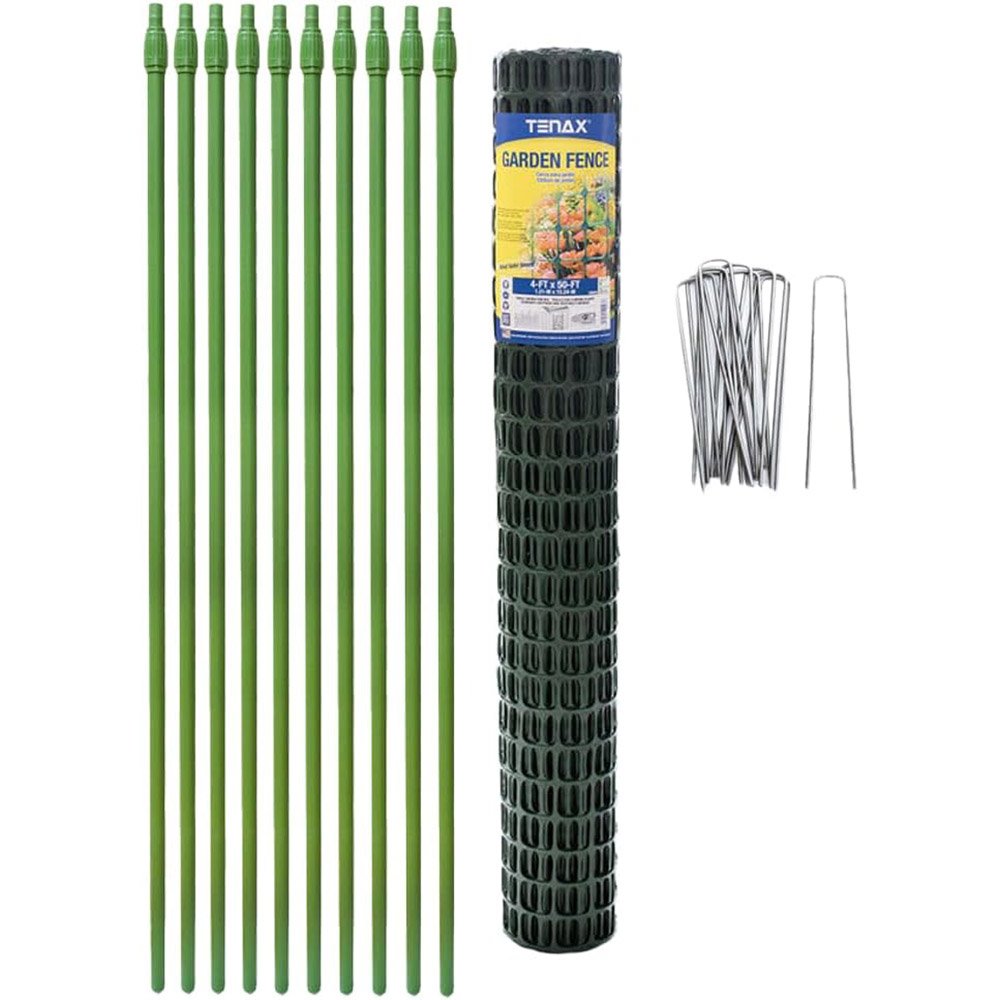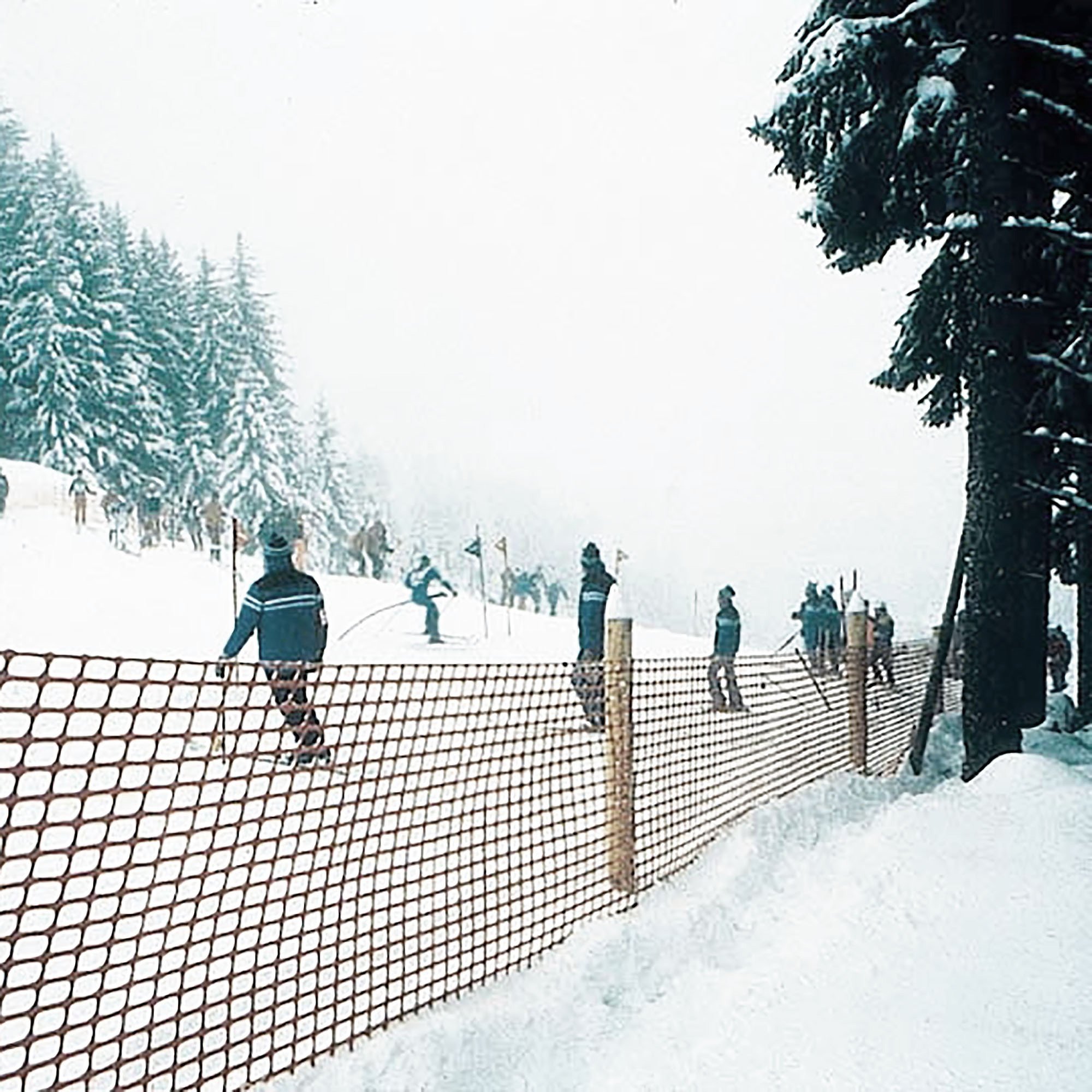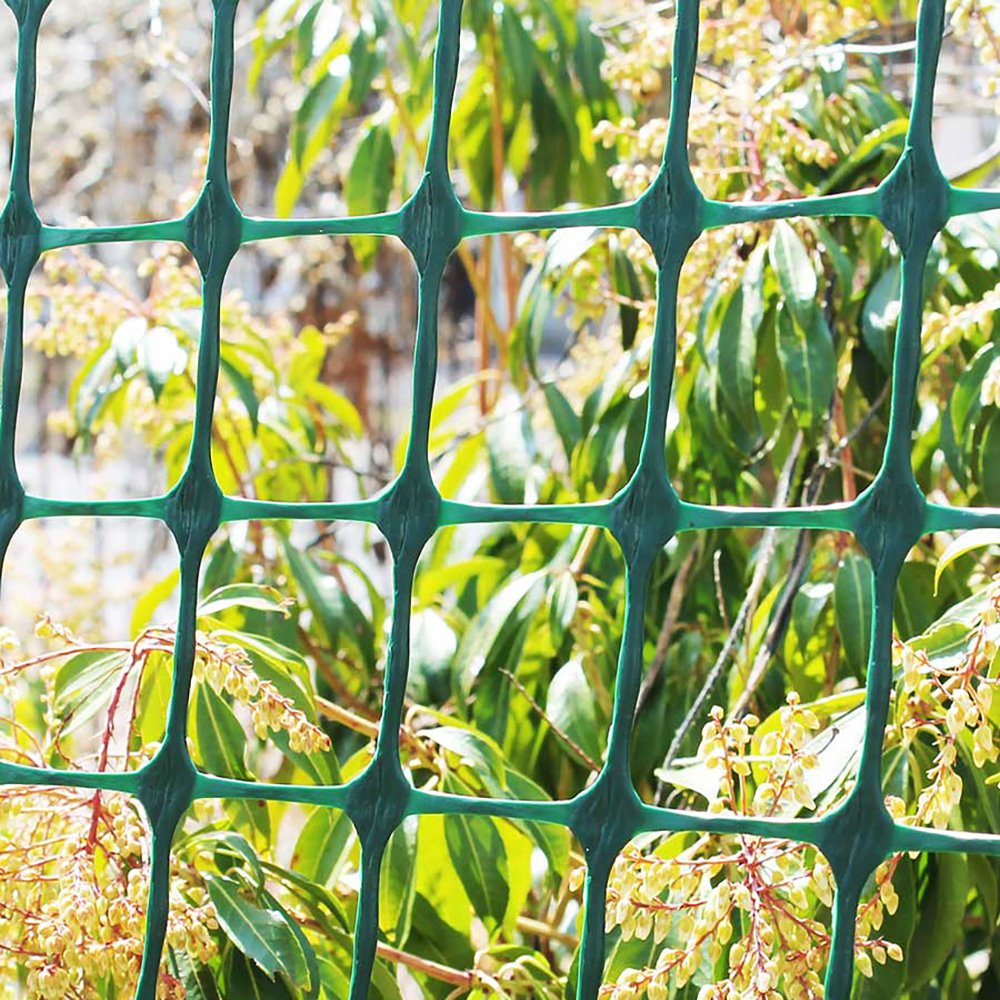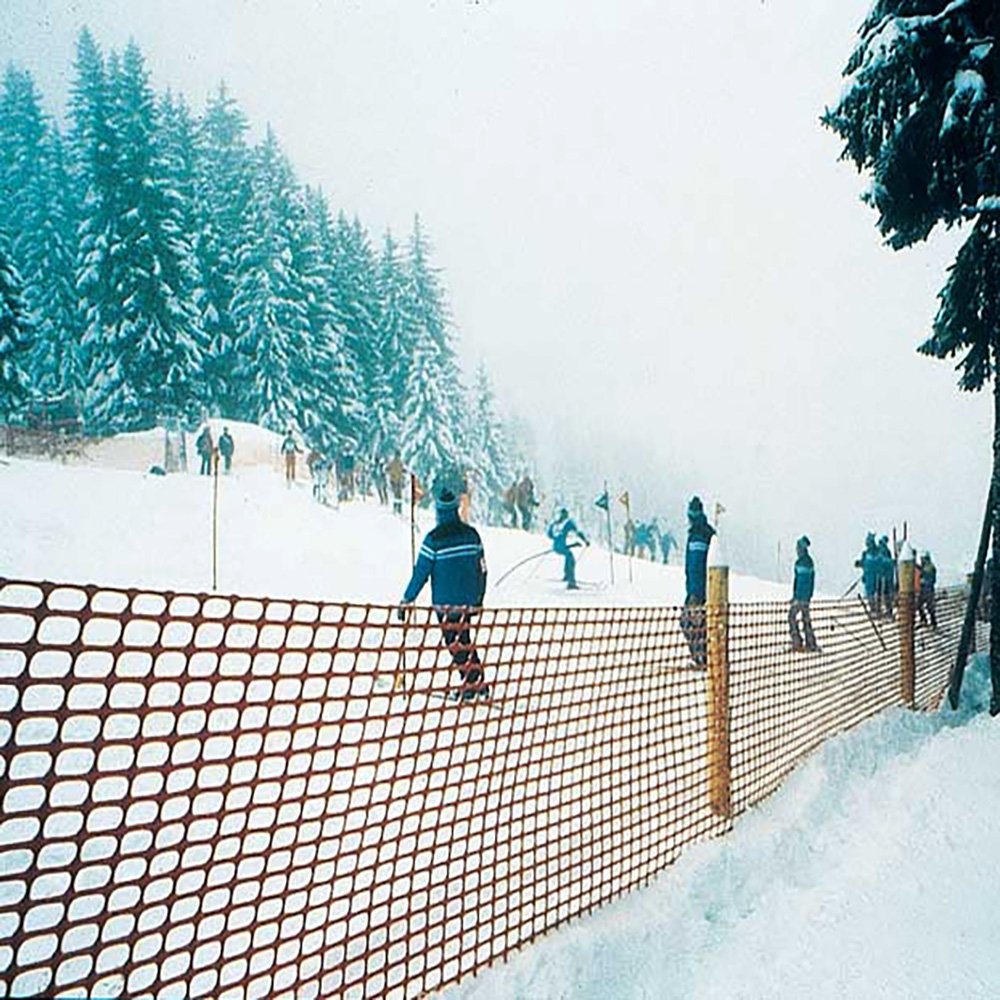When and Why to Replace Your Garden Fence
Having a damaged or old garden fence allows animals like deer, rabbits, or groundhogs the opportunity to come in and eat your plants. To prevent this from happening, it is important to ensure your fence is in good condition at the start of each growing season. Below is a few ways to tell if it is time to replace your garden fence.
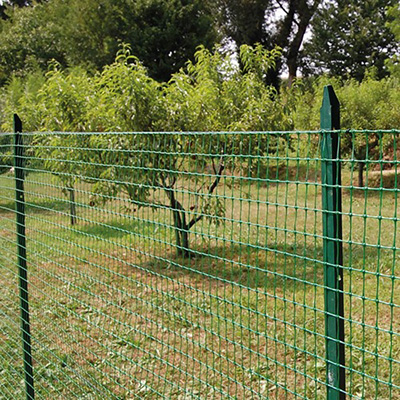
When Should You Replace Your Garden Fence?
1. There Is Visible Damage or Rot
If your fence shows signs of wear and tear like sun bleaching, warping, or feels brittle to the touch, it is likely time for a new one.
2. Frequent Repairs
Constantly fixing broken posts or sagging mesh? Ongoing maintenance takes up a lot of time and can add up in price. At a certain point, replacing the entire fence becomes more cost-effective than having to constantly make repairs.
3. Poor Functionality
Whether you are looking to expand or even downsize your existing garden area, your garden fence should match the size of the space and improve the functionality of how you move within it.
4. Increased Animal or Pest Activity
Are you noticing chewed stems, trampled plants, or dug-up soil? If animals are getting through your fence, it is no longer doing its job. Upgrading your garden fence with sturdier material and reinforcing easy access areas like corners or entryways can help protect your plants from unwanted visitors.
Why Should You Replace Your Garden Fence?
Replacing your garden fence ensures that your plants are protected from animal damage. Without an effective barrier, you run the risk of your entire garden being destroyed by wildlife. Having a sturdy and properly installed garden fence allows you to have peace of mind that your plants are safe from at least one root cause of damage.
Allow your garden the chance to thrive this coming season by installing a high-quality and reliable fence. Have questions about what fence would work best for your installation? Contact us via email, phone call, or even text message. We always have a product expert ready to help answer any of your questions.

